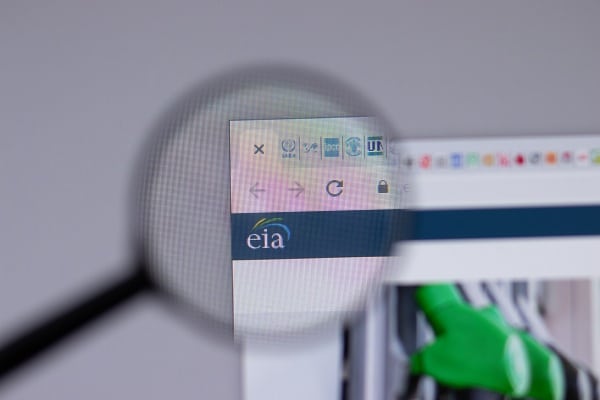Riot Platforms and Texas Blockchain Council Challenge EIA’s Bitcoin Mining Data Demands

TBC and Riot Platforms sue EIA over Bitcoin data demand, alleging interference. Senator Warren's involvement is seen as part of a broader political strategy. Bitcoin mining faces scrutiny for energy consumption, environmental impact.
In a bold move against the US Energy Information Administration (EIA), the Texas Blockchain Council (TBC) and crypto miner Riot Platforms have filed a lawsuit, alleging illegal data collection targeting the Bitcoin mining sector.
EIA data collection plan
Last month, the EIA announced plans to collect data on electricity consumption by certain US-based crypto miners starting in early February. Commercial miners are required to disclose complex details, including the types of machines used and where they mine. The controversial move follows an emergency authorization from the Office of Management and Budget on January 26.
We are starting to collect data on the #electricity usage of #cryptocurrencyminers in the US.
We ask about their electricity consumption so we can better understand their energy needs.
👉 pic.twitter.com/pQ9ULoLAAU
— EIA (@EIAgov) January 31, 2024
TBC, a non-profit association, expressed concern over the confidentiality of the requested information, fearing it could be made public. The council described this as a political move under the guise of an emergency and considered it a direct attack on private businesses.
TBC points the finger at Senator Elizabeth Warren and the Biden administration as they orchestrate an effort to target the digital asset industry. The EIA's push for surveillance is seen as an intrusion and a serious step towards regulating and controlling the crypto sector.
As part of a broader strategy, Senator Warren and other Democratic lawmakers have urged major US crypto mining companies to disclose their energy use. The current legal action represents a strong industry response to what is perceived as increased regulatory scrutiny.
Bitcoin mining facts and environmental considerations
The EIA, in its February 1 report, showed a significant jump in the annual electricity consumption of crypto miners, from 0.6% to 2.3%. Despite the advantages of Bitcoin mining, such as network decentralization and profit opportunities, the industry faces increasing scrutiny due to its environmental impact.
The Rocky Mountain Institute estimates that global bitcoin mining consumes 127 terawatt hours per year. This has sparked a debate on the environmental sustainability of the industry. Proponents argue that Bitcoin's energy use is relatively low compared to traditional sectors such as banking, but critics are concerned about its contribution to global energy consumption.
As the legal battle unfolds, the cryptocurrency industry finds itself at the crossroads of regulatory pressures and environmental liability, navigating the delicate balance between innovation and responsibility.













